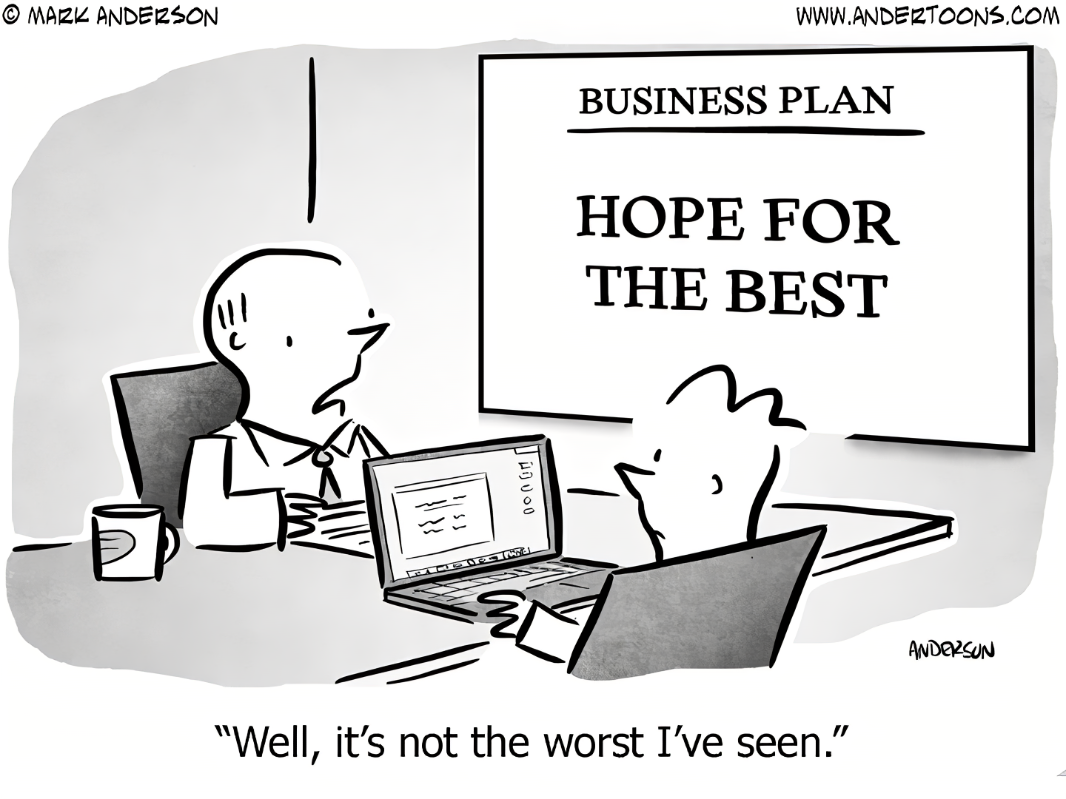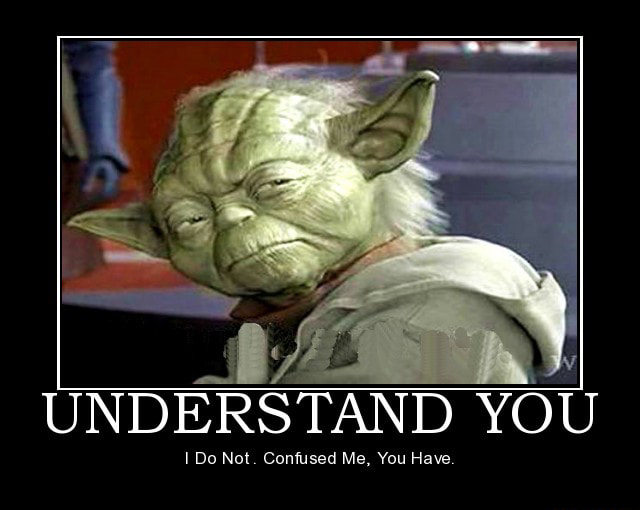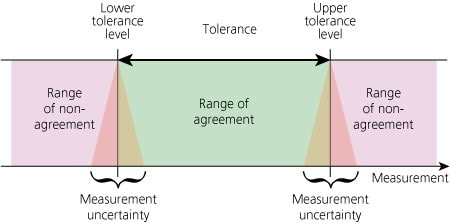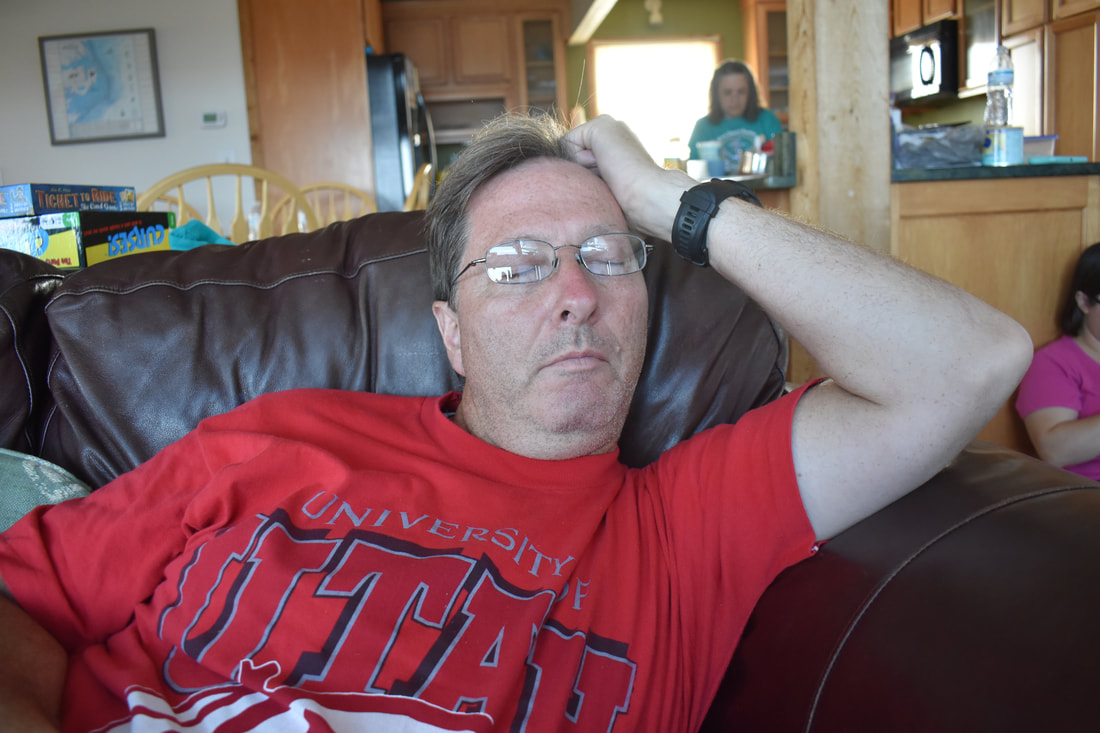What is God’s power? To what power should we aspire? I argue it is faith. Hebrews 11 for example gives a long list of miracles wrought through God’s power, the power of faith. Obtaining faith in this life is so important that our memory of pre-earth life has been removed specifically to help us develop it. President Nelson encourages us to overcome the world through Christ. Overcoming something implies gaining power over it. President Nelson equates overcoming the world with 'putting off the natural man'. Those of you who have read former blogs may remember some time ago when I gave my way of thinking about doing just that. Here's the link:
https://bhaven.org/blog/natural-man
President Nelson's talk could be framed in the language of ‘will’. The natural man says, “I do my will because is it my will.” In putting off the natural man, we say, “I do His will because it is His will.” In this case we recognize the difference between Him and us, and we want to change. So, we try. Trying is repenting, failing at times, and repenting again, pinning our hopes to the power of the atoning sacrifice of the Lord, Jesus Christ. So long as we try and repent, we are in the act of putting off the natural man. This is my understanding of ‘enduring to the end.’ At last, Christ lifts us to the Celestial in which we can say, “I do His will because it is my will.” At this point we are not putting off the natural man, but have come to put on a different nature. A godly nature. A nature no longer to be ‘put off’.


























 RSS Feed
RSS Feed